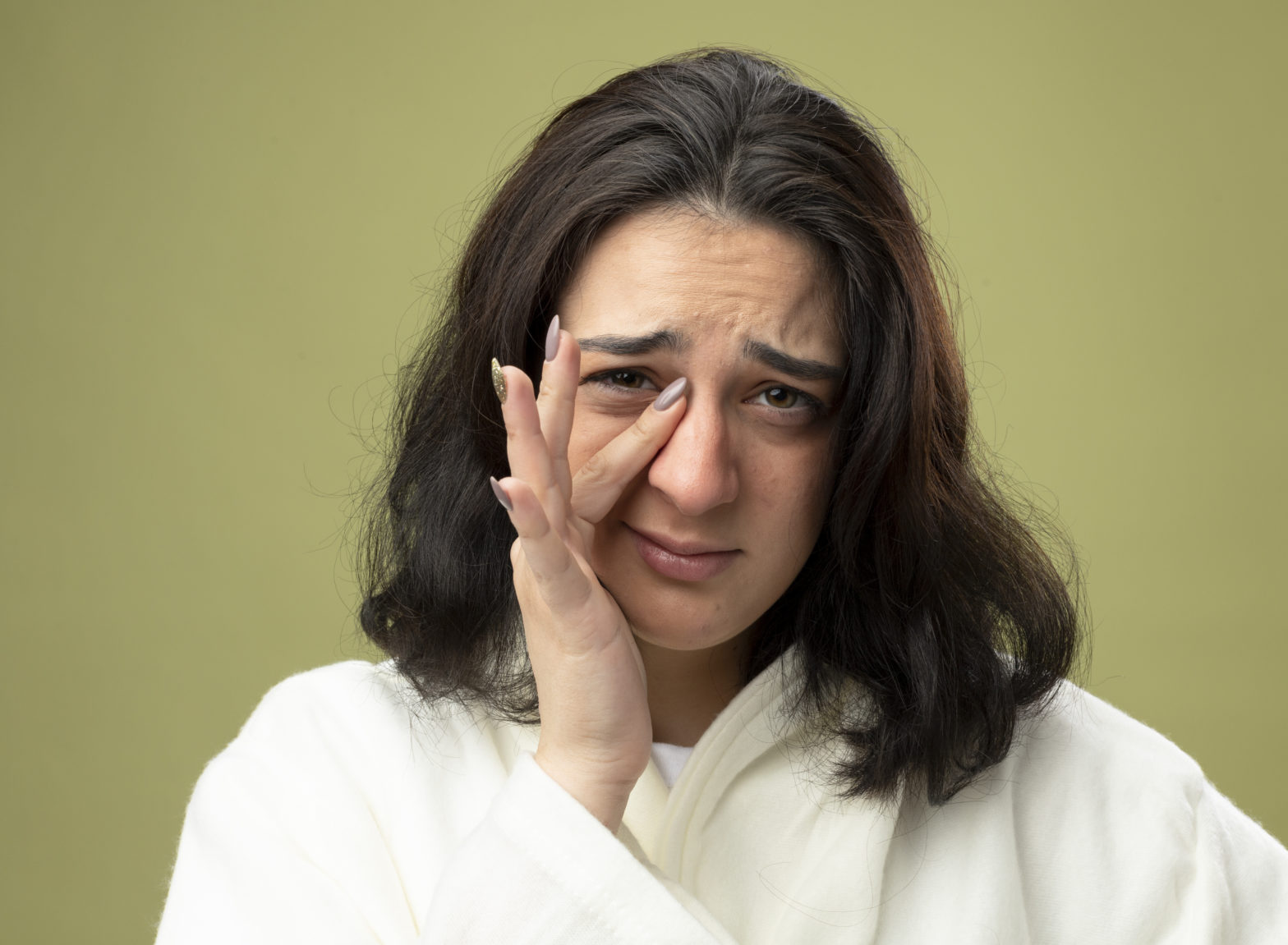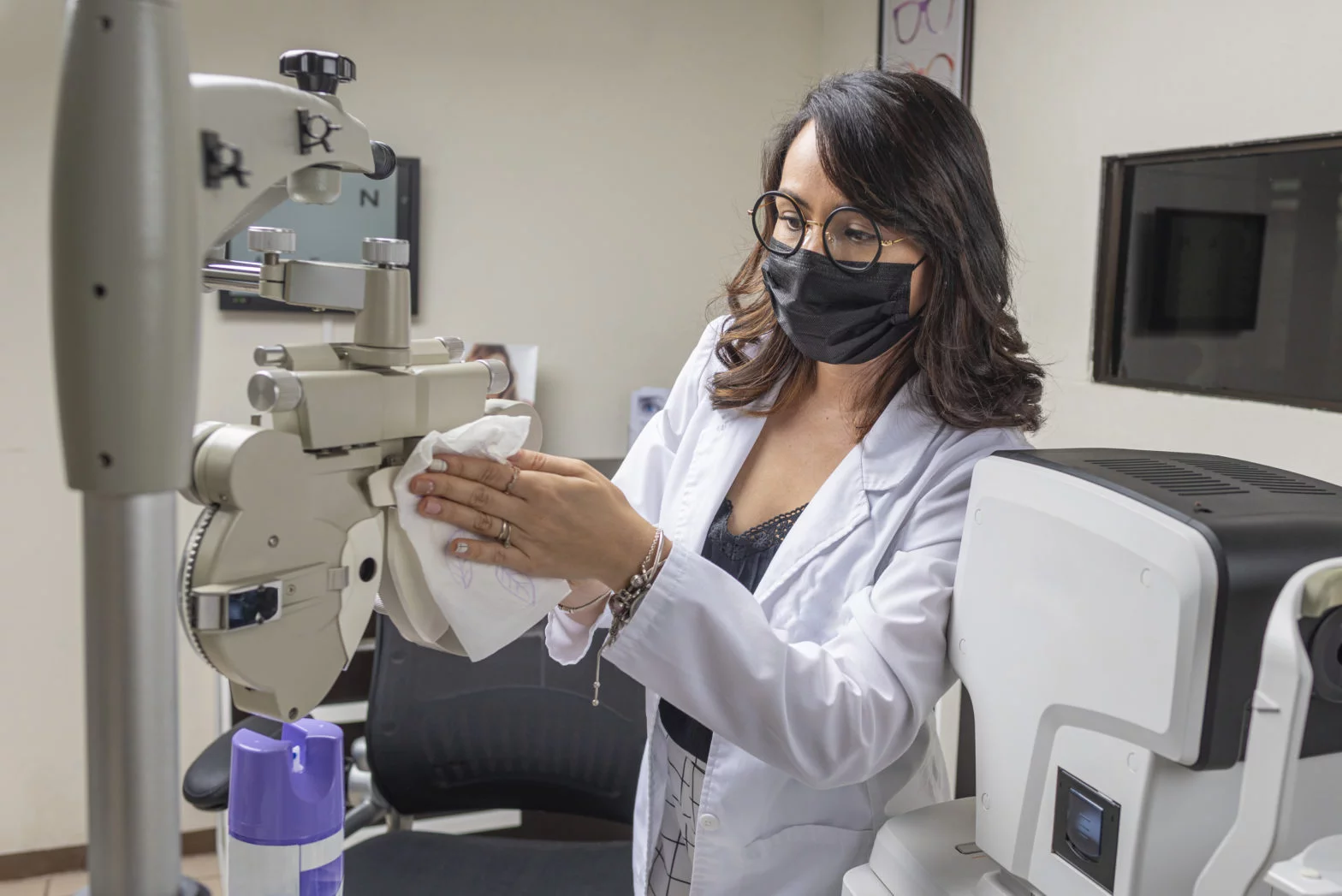Central Serous Retinopathy (CSR) is a condition that affects the retina, causing fluid buildup under its central part, leading to blurred or distorted vision. Proper diet and lifestyle management can play an essential role in reducing stress, inflammation, and promoting better eye health during recovery.
Retina is the innermost layer of the eye that is light sensitive. It then sends signals to our brain that helps us to see. It is said that retina consumes more oxygen than the brain itself owing to its high metabolic activities run by the extensive vascular network. Meaning several blood vessels nourish the retina. Hence, this continuous supply of blood is critical to maintain normal vision.
There are several diseases that can be related to retinal blood vessels which have a potential to impact vision negatively. One such problem is called Central serous Retinopathy (CSR) in which fluid accumulates under the retina due to leaky retinal vessels. This directly affects central vision of the individual.
Therefore, it is important to discuss with your eye doctor regarding the food, which might have serious effect on blood thinning and thereby may enhance CSR.
What is Central Serous Retinopathy (CSR)?
Central Serous Retinopathy (CSR) is a condition where fluid accumulates under the retina, the light-sensitive layer at the back of the eye. This buildup typically occurs in the macula, the central part of the retina responsible for sharp vision. CSR can lead to blurred or distorted vision, making it harder to read or focus on details.
-
Key Facts About CSR:
- It is often linked to stress, high cortisol levels, or steroid use.
- Symptoms include blurry vision, dark spots, or lines in the central field of vision.
- It can resolve on its own in many cases, but chronic CSR may require medical attention.
Causes of Central Serous Chorioretinopathy
The exact cause of CSR is not fully understood, but several factors can contribute to its development:
-
Stress:
- High stress levels can lead to increased cortisol production, which may trigger CSR.
-
Steroid Use:
- The use of corticosteroids, either oral or topical, is a significant risk factor.
-
High Blood Pressure:
- Hypertension can affect blood flow to the retina, increasing the risk of fluid buildup.
-
Sleep Issues:
- Poor sleep patterns and insufficient rest can worsen stress, contributing to CSR.
-
Unhealthy Diet:
- Diets high in processed foods, salt, or sugar can lead to inflammation, affecting eye health.
Avoid These Foods When You Have Central Serous Retinopathy
To help manage CSR and reduce the risk of worsening symptoms, it’s essential to avoid foods that can trigger inflammation or elevate cortisol levels:
-
Processed Foods:
- Avoid snacks and meals high in preservatives, such as chips and packaged goods.
-
Sugary Foods and Drinks:
- Limit candy, sodas, and other high-sugar items that can lead to inflammation.
-
High-Salt Foods:
- Avoid salty snacks, canned soups, and processed meats as they can contribute to fluid retention.
-
Caffeine:
- Reduce coffee, tea, and energy drinks as they can increase stress and cortisol levels.
-
Alcohol:
- Avoid excessive alcohol consumption as it can impair overall eye health and recovery.
What Foods Are Good for Central Serous Retinopathy?
A nutrient-rich diet can promote eye health, reduce inflammation, and support faster recovery from CSR. Include the following in your diet:
-
Leafy Green Vegetables:
- Spinach, kale, and collard greens are rich in lutein and zeaxanthin, essential for eye health.
-
Omega-3 Fatty Acids:
- Found in salmon, walnuts, and chia seeds, they reduce inflammation and support retinal health.
-
Vitamin C-Rich Foods:
- Oranges, strawberries, and bell peppers boost eye tissue repair and immunity.
-
Vitamin A Sources:
- Sweet potatoes, carrots, and pumpkin support the retina’s function.
-
Hydrating Foods:
- Include cucumbers, watermelon, and other water-rich foods to maintain hydration.
-
Whole Grains:
- Brown rice, oats, and quinoa regulate blood sugar levels, reducing stress on the eyes.
Outcome of Food intake on Retina
As such nutrients, minerals in the food do not cause CSR. A wholesome balanced diet with all necessary proteins, carbohydrates and minerals does not pose any ill effect on retinal blood vessels. However, if you have blood disorders or if you are under certain medications for heart disease, certain type of foods or herbs might enhance the risk of blood thinning.
- Garlic is a popular spice of onion family used in many dishes like curry, bread, etc. Besides food, it is also available as a pill to reduce the bad (low-density) cholesterol. So, when a patient with heart disease takes a blood thinner tablet like warfarin, the garlic’s blood thinning property might upsurge the threat of blood thinning.
- Green tea is one of the many popular beverage touted to aid in losing weight. However, if green tea is consumed along with aspirin (pain reliever); it might increase the risk of blood thinning.
- Ginger is a commonly used root in tea, curry, shakes, cookies, etc. It is good for body if taken in small quantity. However, if consumed in larger amounts in the form of foods, extracts, supplements, ginger might also play a role in blood thinning.
Apart from food, drugs like steroids for body building purpose or any other reason, high level of stress, also have huge potential to increase CSR.
What to do?
Whenever you are experiencing blurry, cloudy or low vision, or when the shapes of the objects appear wavy or distorted, visit your nearest best eye hospital and get your eyes tested thoroughly to rule out CSR or any other undetected eye condition.









